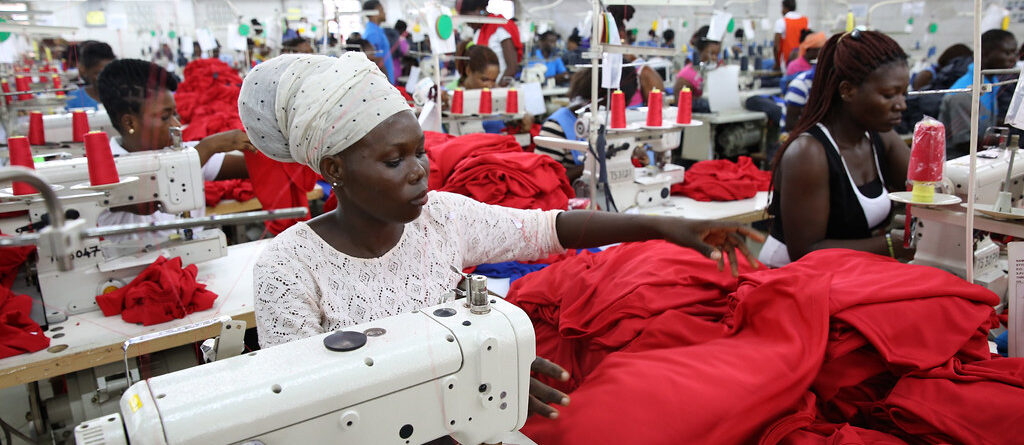The Causal Influence of Pension on the Participation of Older Workers in the Ghanaian Labour Market
By George Domfe, Kwadwo Opoku & Antoinette Tsiboe-Darko
Population ageing has stirred up policy discourse on pension coverage in developing economies. While in most of these countries, a smaller proportion of older persons receive pensions in the form of regular payments from the state, a considerable proportion of them engage in active work to maintain their livelihood. These descriptions are typically true of Ghana. However, it remains unclear in the Ghanaian literature whether the absence of a pension is a key reason for the involvement of older persons in active work. This study employs instrumental variables to establish causality between pension and labour market participation of older workers in rural and urban Ghana. The paper uses the seventh round of the Ghana Living Standard Survey data set. It emerged from the data that the availability of pensions would take many older persons (both men and women) in the urban and many older women in the rural from active work. The study suggests that education on the tier three pension scheme is intensified to get more workers from the informal sector to get on board. A further suggestion is provided for the state to consider a non-contributory pension scheme to cover the poor and vulnerable older persons.
Source SSRN











